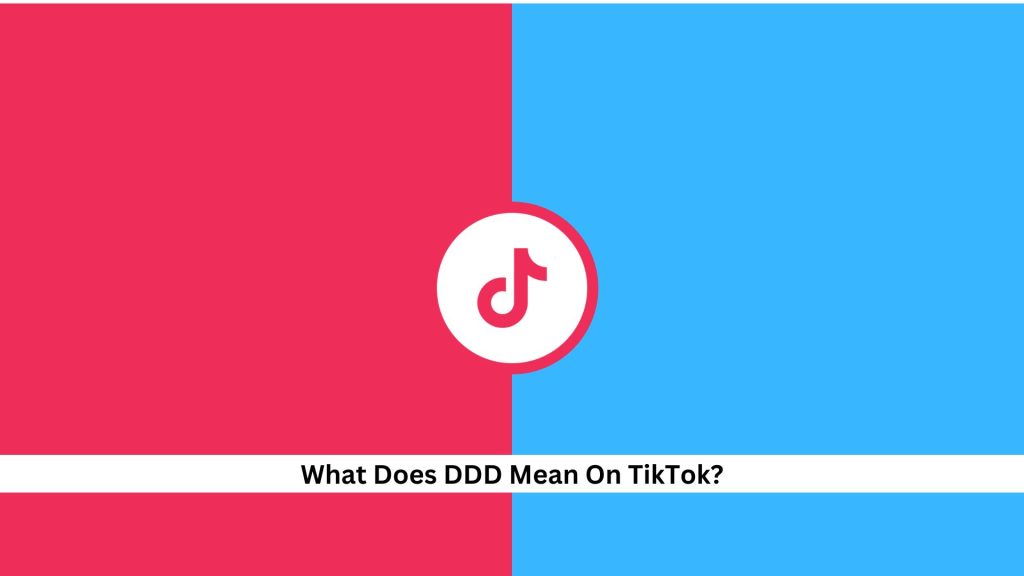On platforms like TikTok, new slang terms pop up all the time. DDD shows how playful and sometimes bold internet culture can be. But it also makes us think about how these trends affect the way we talk about and view sexuality in our society. It’s interesting to consider how this trend, and others like it, might be shaping our discussions about sexuality and how we interact online.
Understanding DDD on TikTok
@jahn_fiti Lets get the gains back | insta : jahnfiti #foryou #gymtok #fitness #ddd #december
Origin of DDD
‘DDD’ on TikTok stands for ‘Destroy D**k December.’ It started after ‘No Nut November,’ where people don’t ejaculate for a month. In December, it switches up. Instead of holding back, ‘DDD’ is all about daily sexual activity. It’s a fun and bold shift from the strict rules of November.
These monthly challenges catch on quickly, especially with the young crowd on social media. ‘DDD’ became popular because it’s kind of funny how it flips from one extreme to another. People shared jokes and stories about it, making it a big thing online. It’s just another way folks connect and have a laugh together on the internet.
How DDD Became a Viral Trend
@xeusek
DDD started as a funny challenge after No Nut November. It became popular on social media sites like TikTok and Twitter. Unlike its predecessor, which was about not doing something, DDD is about going all out, which attracted more people. It’s a bit edgy and goes against the strict rules of November. People started posting funny videos and stories about joining in on DDD, and it quickly caught on. This shows how quickly a joke among friends can turn into a big trend, changing what we watch and what gets made on social media.
Discussions in the Community
Discussions online about the ‘Destroy D**k December’ trend on TikTok are raising concerns about its impact on our views of normalcy and health. Many worry that taking this trend too far could harm sexual health and affect mental well-being.
Critics say this trend normalizes excessive sexual activity, especially for young viewers. They argue it downplays serious sexual health issues and turns sexual wellness into entertainment. As these discussions spread on social media, many debate whether TikTok should do more to regulate harmful content.
Conclusion
Looking at how the slang term ‘DDD’ has changed things on TikTok, it’s clear that it’s had a big impact on how people interact and create content. This term, short for ‘Destroy D**k December,’ started as a playful opposite to ‘No Nut November.’ It quickly grew beyond that, sparking all sorts of videos, from funny ones to some that stir up debate. This just shows how fast things can change on TikTok, catching on and spreading across its huge community. For anyone watching these trends, it’s a good reminder of how quickly digital culture can shift and what gets people talking and sharing. Keep visiting Save Community for more articles like this.

Emily Johnson is the creative force behind Save Community’s content strategy, focusing on social media articles. With her background in digital marketing and her knack for design, Emily creates content that’s both engaging and visually stunning. Her storytelling skills and keen understanding of brand voices make her an essential part of our team.

